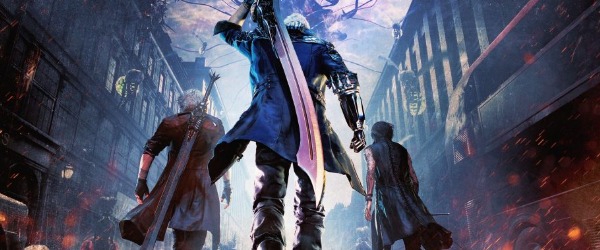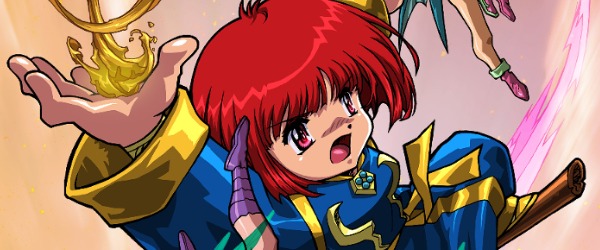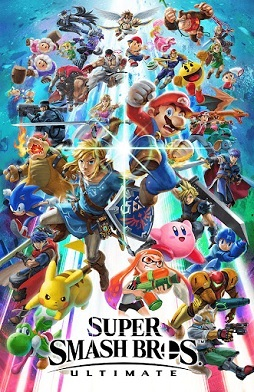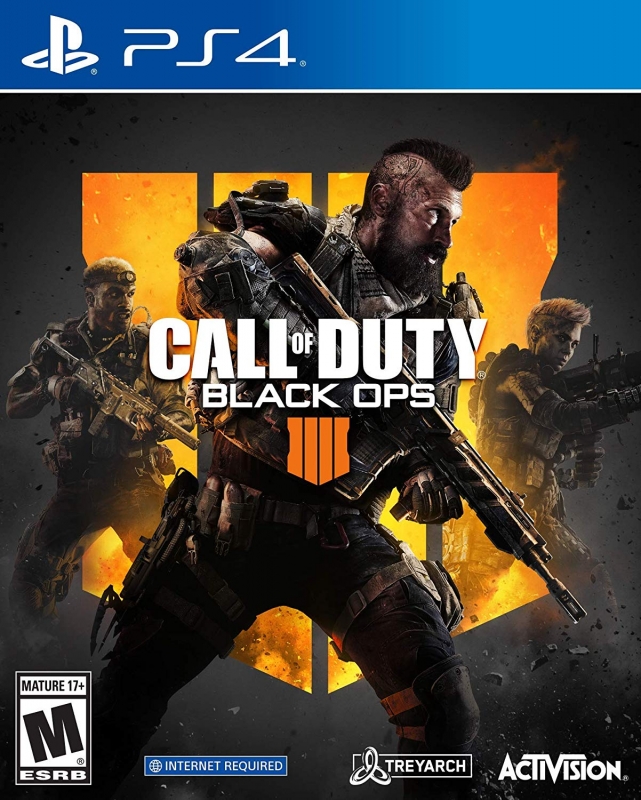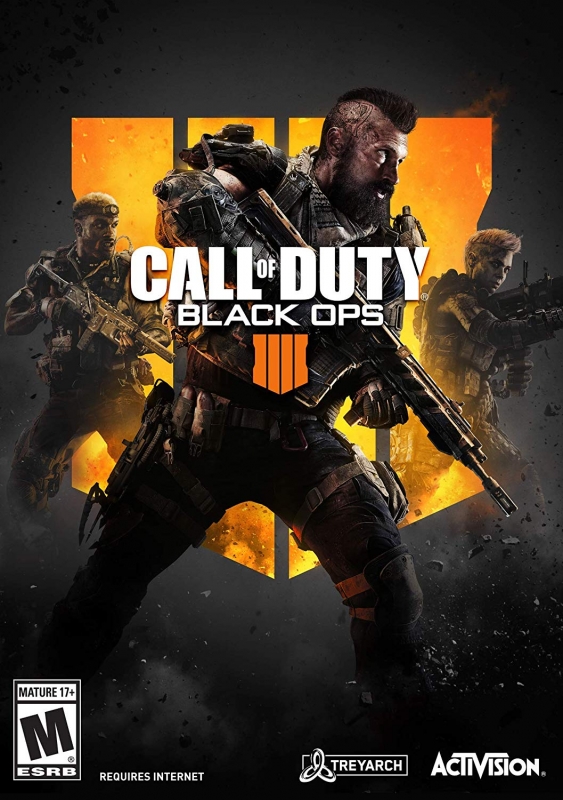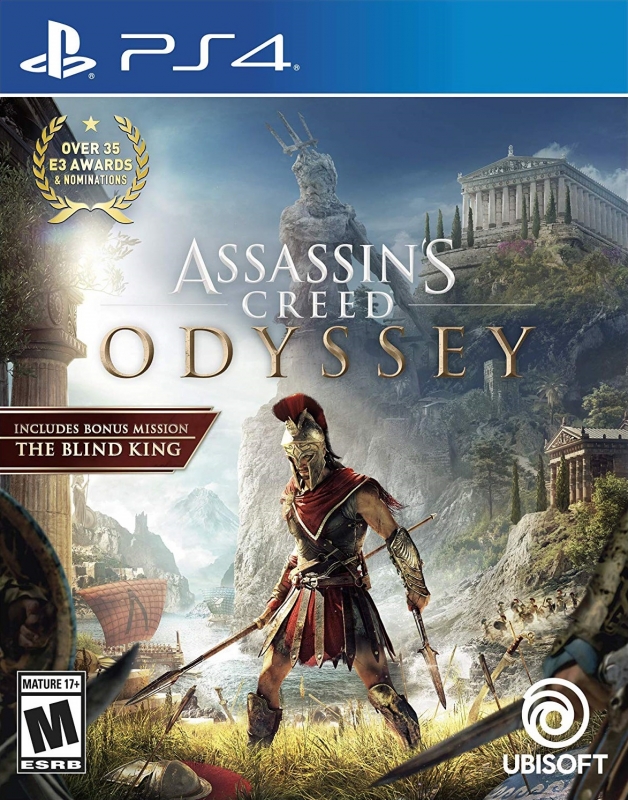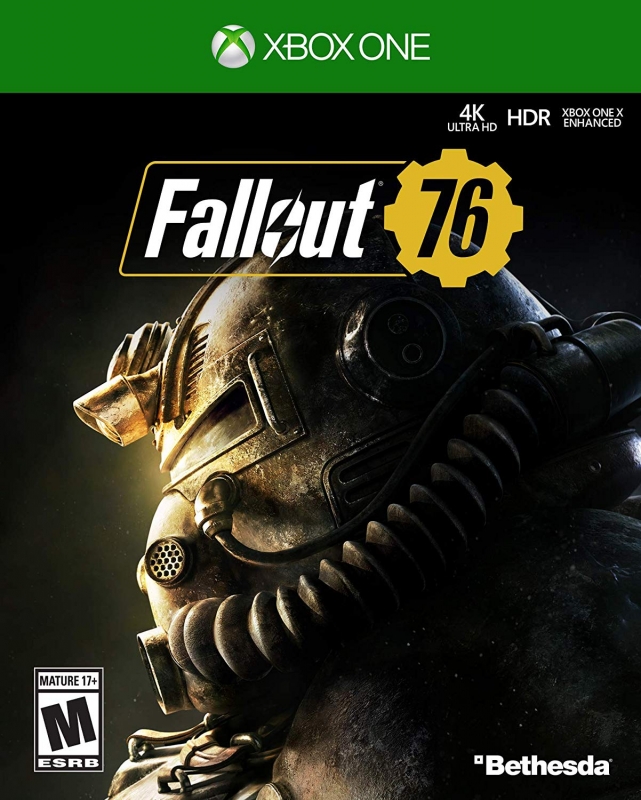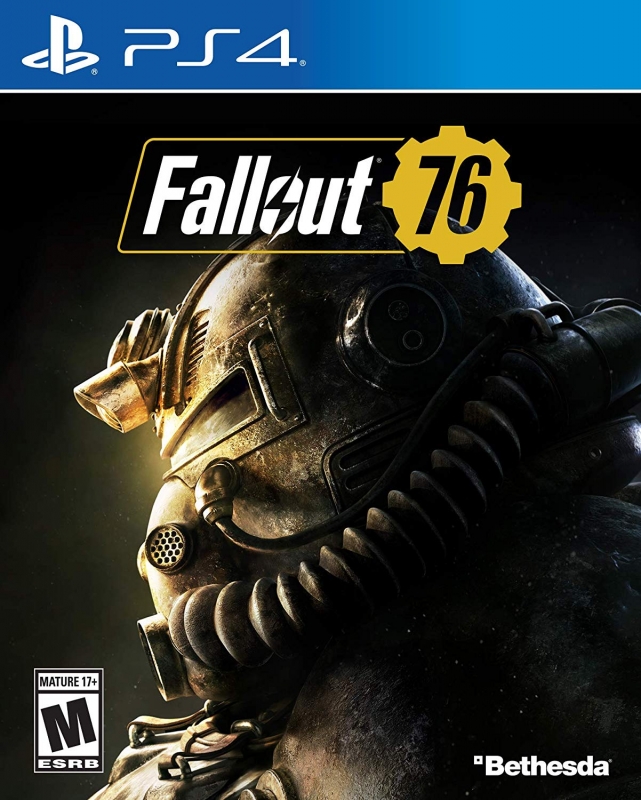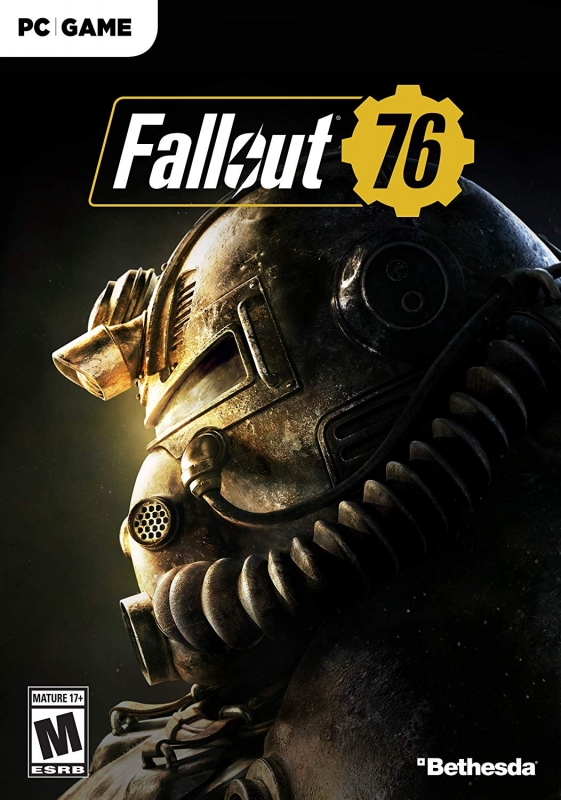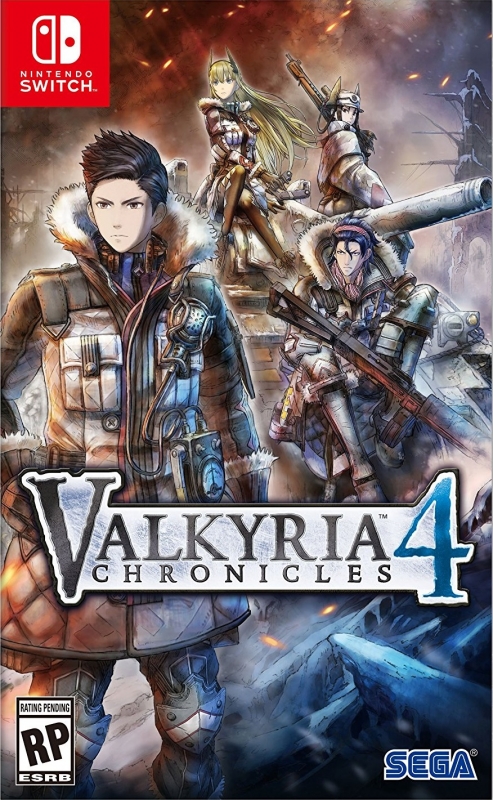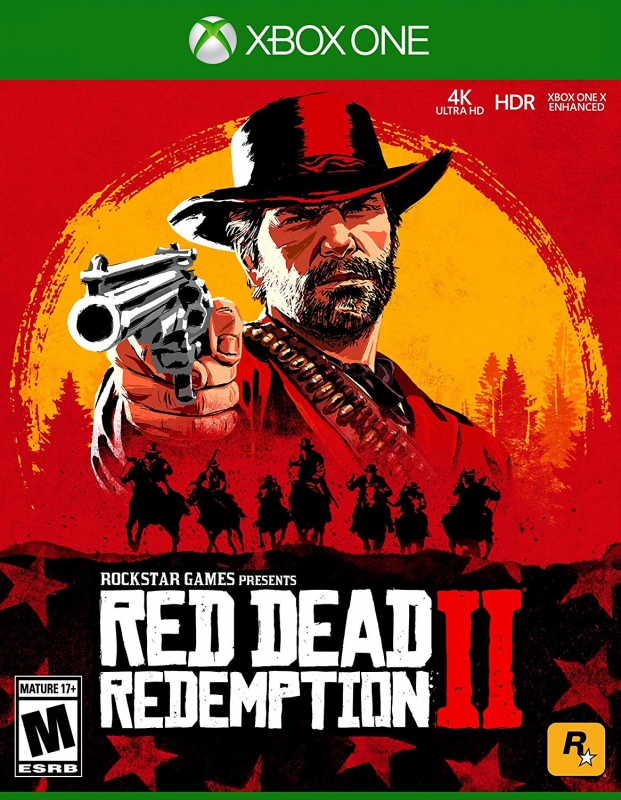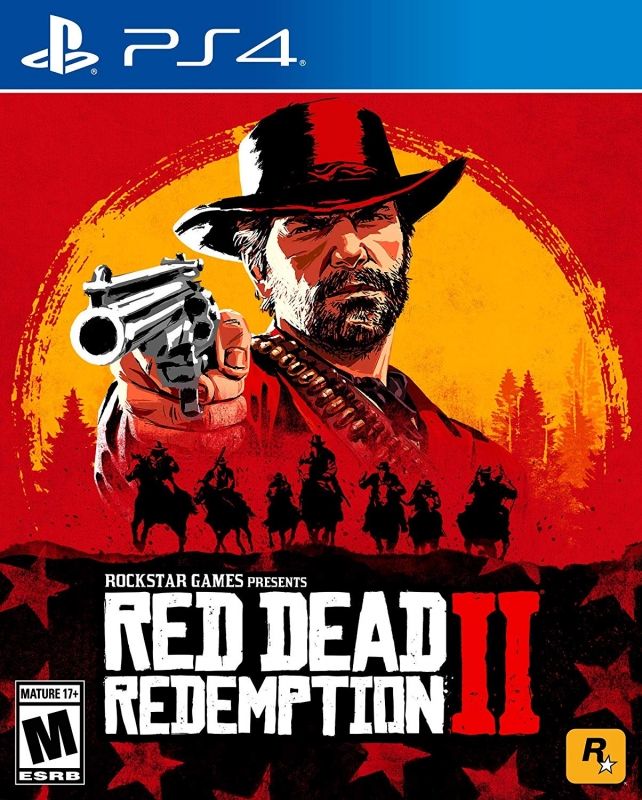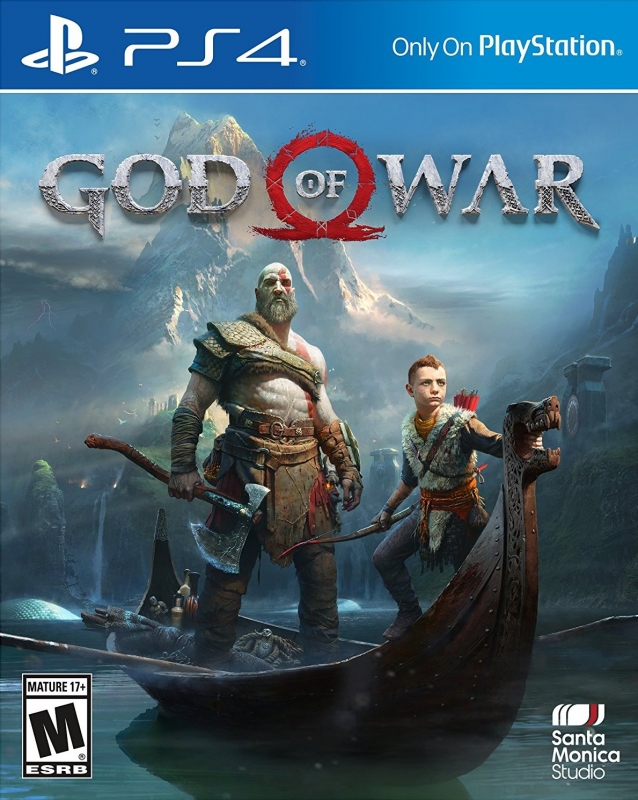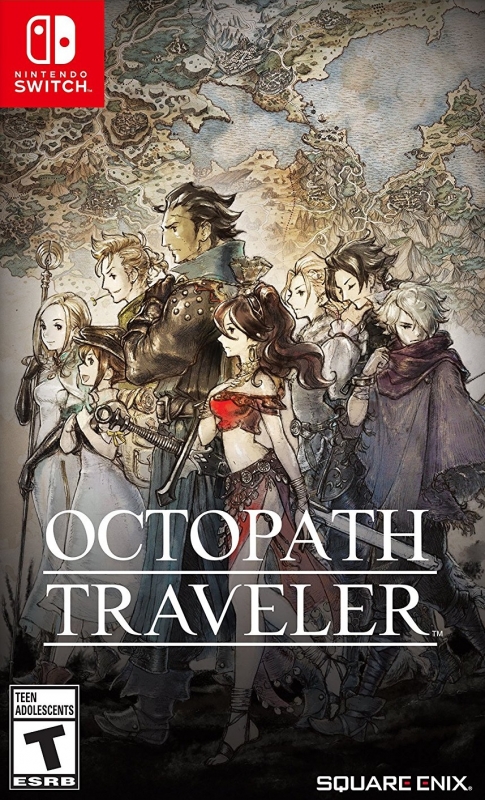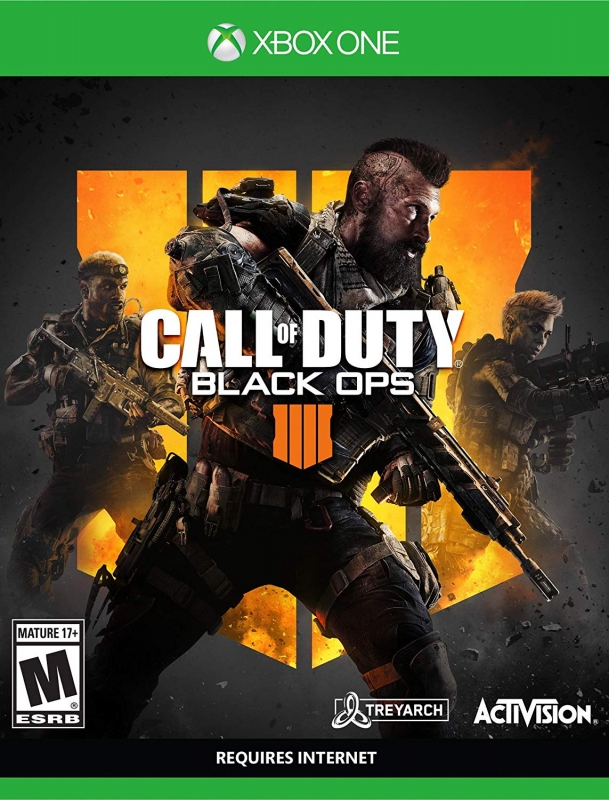
2018 in Review: Winners & Losers - Article
by Taneli Palola , posted on 21 December 2018 / 6,122 Views
We're almost upon the year 2019, but before we start looking forward to everything to come in the new year, let's take a look back at what took place in the video game industry in 2018. Over these last 12 months there's been a lot of good and a lot of bad going on in the world of video games, from great games to questionable decisions and practices. With that in mind, here are my picks for the winners and losers in the world of video games for 2018.
Winners
Nintendo Switch

Nintendo really hit a homerun with its most recent console, not only releasing some of this generation's best games in its first year on the market but also making the console a huge commercial and critical success. The system's second year on the market hasn't perhaps been quite as successful in terms of new high profile releases, as there hasn't been anything quite on the level of either Super Mario Odyssey or The Legend of Zelda: Breath of the Wild, but saleswise it continues to do very well for itself. And even with that very minor caveat, it's not like the system is short of great new games either.
Titles like Super Smash Bros. Ultimate and Octopath Traveler have kept the system highly competitive and given players more than enough reasons to keep turning the system on time and time again. The Switch is a huge success, and deservedly so. I very much expect the console to continue its momentum in the coming year, and with titles like Metroid Prime 4 and Fire Emblem: Three Houses on the more distant horizon the system's future should be quite secure.
PlayStation 4
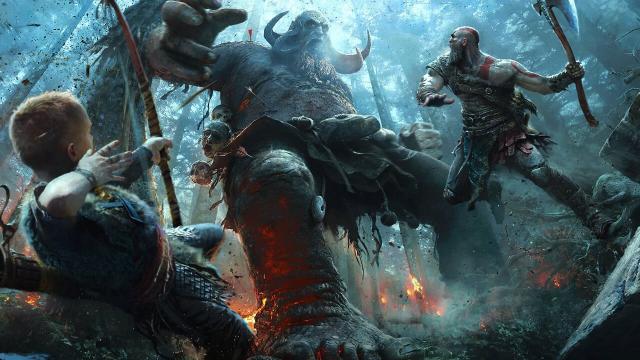
Not only has the PS4 continued to outsell the competition throughout most of the year, many of the best games of 2018 have been PS4 exclusives, most notably first party titles like God of War and Spider Man. Add to this numerous excellent third party releases and it's easy to see why the console is still going strong so many years after its launch. With what looks to be an excellent 2019, with several potentially massively high quality titles, the system shows no signs of slowing down anytime soon.
For a console entering its sixth year on the market the PlayStation 4 is doing exceptionally well, having already sold over 15 million units in 2018 at the time of writing. It's undoubtedly entering its twilight years, as sales are slowly beginning to decline, but for a console to sell in excess of 15 million units this late in its life is genuinely amazing. I wouldn't be surprised to see the system near the top of the sales charts for a few more years yet.
Lootboxes & Microtransactions Under Scrutiny
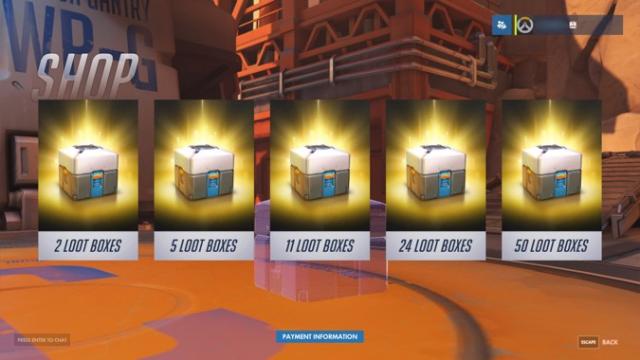
This was bound to happen sooner or later, since the video game industry itself was unwilling to do anything to limit or monitor how microtransactions are being used and implemented, despite constant criticism from fans and journalists. Now various government bodies around the world have begun to investigate them, and in some places, notably in Belgium, they have been deemed as a form gambling and hence are illegal without a gambling license.
It's unfortunate that we had to wait for governments to get involved in this debate, not least because government regulation is rarely a positive thing in the long run and is akin to cracking a nut with a sledgehammer, but this is a situation video game companies have gotten themselves into by running rampant with exploitative monetization practices without any oversight. This was going to happen one way or another, and because the industry refused to do anything about it of its own accord, someone else has had to step in.
There's also the simple fact that the video game industry has been getting away with things no other entertainment industry could have, and now that that's beginning to look like it's no longer possible, many of the companies who exploited these loopholes are coming off as petulant children whose toys have been taken away. They wanted all the recognition but none of the rules and laws that other forms of entertainment had to abide by, and now they are paying for that arrogance.
Great Games Everywhere

This one's pretty simple. We've had some absolutely amazing games in 2018 across practically every imaginable genre and system out there. No matter what kind of games you like, or what platform you prefer to play on, this year probably had something great on offer for you at some point. The Xbox One was probably the weakest in this regard, but even then you still got all the significant 3rd party titles and some smaller exclusives as well, so it's not like people playing on that system lacked for great games either.
At least as far as quality and variety of games is concerned, right now is a very good time to be a gamer. From the biggest blockbuster titles to niche indie games and old classics, there's something for everyone and everything is more easily available than ever before. Honestly, over the last two years there have been so many amazing games that I'm probably going to be catching up with those releases alone for a very long time to come.
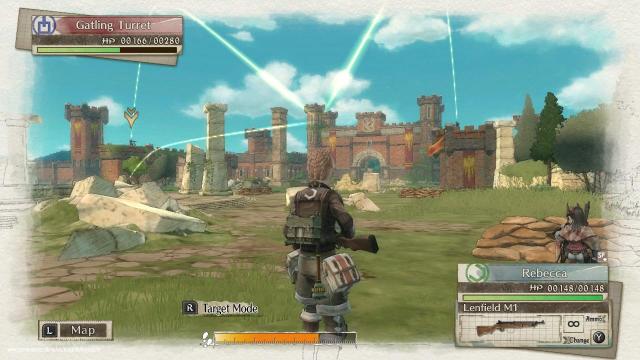
Losers
The Actions & Practices of the AAA Industry
This entry could have filled the entire losers' section, but I didn't want to dedicate half of this article to this, so here are a few of the more notable examples of publishers throwing their weight around and in general just being awful.
Bethesda
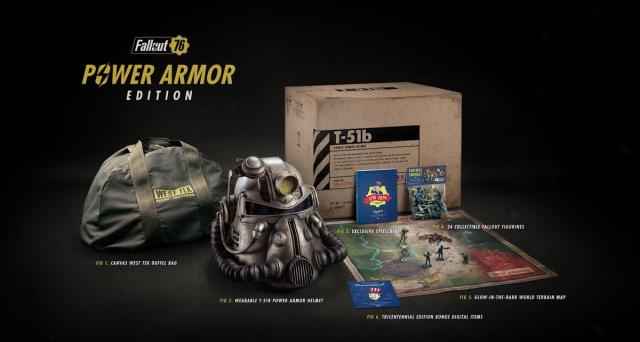
It takes a special kind of talent to find a way to screw up so royally as Bethesda has done with practically everything surrounding Fallout 76 over these past few months. So, here's the story so far: Server issues, with entire servers crashing if three nuclear bombs are detonated simultaneously; seemingly an infinite amount of bugs plaguing the title to this day; the collector's edition of the game coming with a nylon bag instead of the advertised canvas bag, for which the people who had ordered it were offered in-game currency amounting to a whole $5 in compensation; users' personal information leaking to other people; and Bethesda quietly stealth nerfing things such as resource farming to further anger the remaining playerbase. So, good job Bethesda.
Sony's Constant Refusal to Allow Crossplay
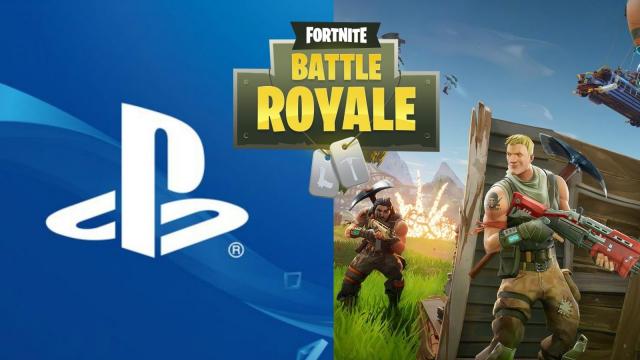
Sony is still doing very well for itself, releasing many of the best games of the generation, but at the same time the company hasn't been immune from questionable practices. While the publisher did eventually relent its stance and began to open up games for cross-platform play, I'm not really going to congratulate it for doing something that it should have been doing all along.
The Poor Treatment of Workers Within the Industry
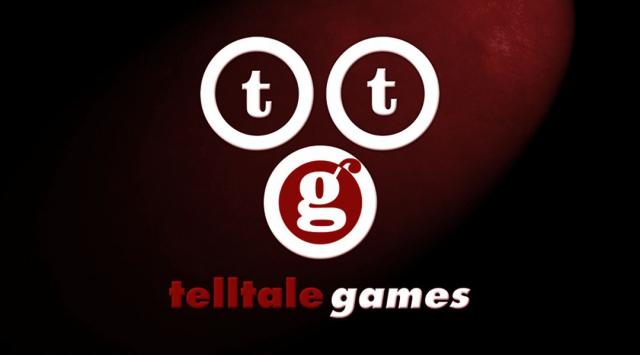
The closing of Telltale Games brought to light yet another example of workers in the video game industry getting unceremoniously dropped off a cliff without a safety net. Without any kind of warning to the people actually making the games, Telltale went under and left everyone working there without severance pay or any other monetary compensation for the work they had done.
Another example of poor treatment of workers is crunch period in game development, which came under scrutiny when Rockstar Games' VP Dan Houser mentioned in an interview that some of the company's developers had been working 100 hour weeks to make Red Dead Redemption 2 as close to perfect as possible. When people are more or less expected to work up to such ridiculous hours a week on a video game then at some point we've got our priorities mixed up. I love video games, but no game is worth the price those kinds of working hours will cost on a person's health and well-being.
Games as a Service
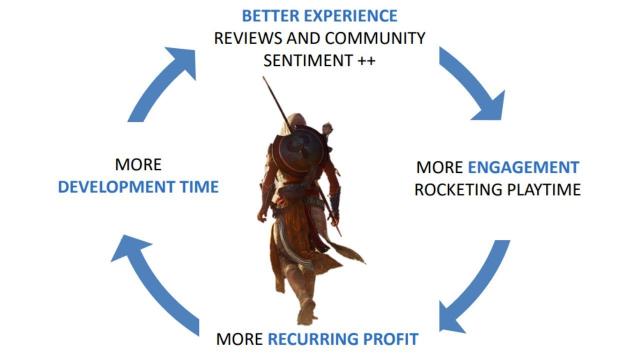
The new dominating trend within the industry doesn't revolve around a specific genre or type of game that's popular, but about a marketing model within a variety of different games. Basically, every publisher at the moment wants their own "Live Service" platform that they can just bolt a massive amount of additional content onto that people can then buy after they've already bought the game itself. They don't want to make games anymore, but "live experiences", with which they can continually charge money for from people playing them.
The problem is that there is only ever room for a few games of this kind on the market. When you ask players to spend literally hundreds of hours in your game, there will come a point where there just isn't enough time available for all the different games competing for your attention. Eventually we'll get to a point where most of these games will not have enough players around to support them, and when that happens we can look forward to games shutting down, layoffs at various companies, developer closures and, eventually, excuses for why it all happened.
Countless Special Editions for New Game Releases
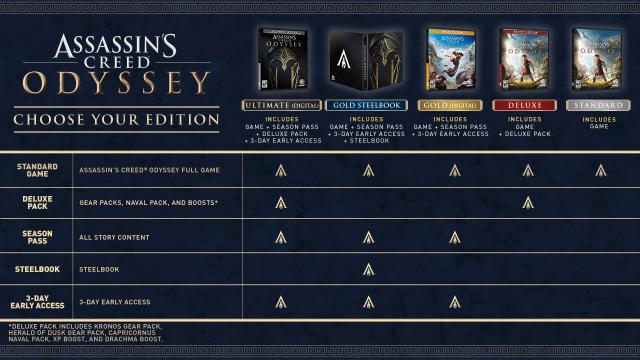
This is probably more of a pet peeve of mine than anything else, and may not annoy a lot of other people, but I'm starting to get really tired of video games having so many different special editions for a single game release that you actually need a spreadsheet to figure out what you're going to get when you buy a game.
Ubisoft is probably the worst in this regard, although by no means the only one doing this. Assassin's Creed: Odyssey alone got six different special editions priced anywhere between $79.99 for the ”Deluxe Edition” all the way up $219.99 for the ”Pantheon Edition”. Furthermore, it gets even more ridiculous and frustrating when different editions have their own exclusive content not available on any other version, so no matter which one you buy you're never actually getting the full version of the game you're purchasing.
Nintendo Switch Online
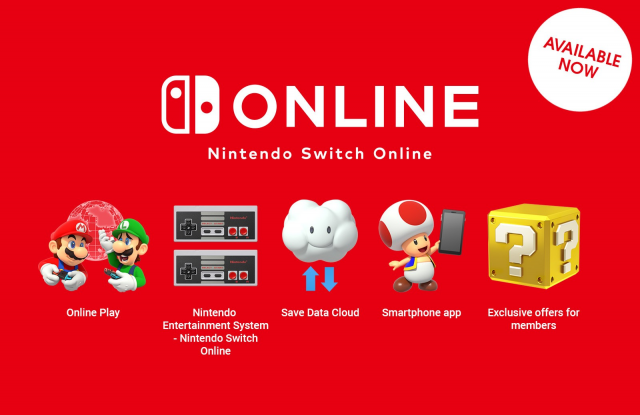
With this one, I guess the best way to put it is to say that there's quite a lot of room for improvement on Nintendo's latest online service. At the moment the most I can honestly say about it in comparison to its competition is that at least it's cheaper. The Switch Online service as it stands just doesn't offer much to really justify paying for it, even with the relatively low asking price in place.
Online play, cloud saves, and a bunch of NES games is a weak offering, especially since of the games on offer right now there are maybe five I could see myself playing past 5 minutes, all of which have been released countless times before on pretty much every single Nintendo system in the last 15 years. While I fully expect Nintendo to improve the system in the months and years to come, right now it's not worth the price of admission. Being able to play online is the only good part of the service so far, and even that is questionable since locking the feature behind a paywall isn't a practice I like on any console.
Microtransactions in AAA Games
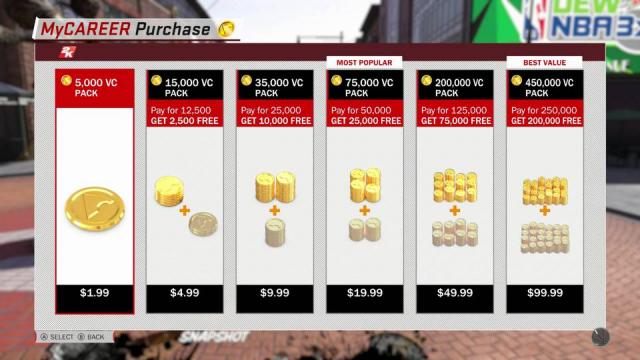
I feel like this is going to become a yearly entry at this point, but considering the fact that microtranscations are becoming increasingly exploitative and malicious I think it's an entry that deserves its place here. When games are actively being made worse to play in order to facilitate the existence and success of microtransactions things have been taken far beyond any acceptable point. We've seen some notable examples of this in the past, like Shadow of Mordor and Star Wars: Battlefront II, but this year we saw an even greater influx of games practically balanced around selling microtransactions. Here are just a handful:
-
NBA 2K19 forcing players through a massive grind unless they're willing to pay for the exploitative microtransactions necessary to speed up the process. 2K Games even released a patch post-release that reduced the amount of experience players could gain by playing the game, just to really hammer in where the publisher's focus really is now.
-
Assassin's Creed: Odyssey did something similar, to the point that several sites stated that the game was much more fun to play after purchasing the experience boosters, without which the early part of the game feels like a massive grind. There's a lot to like about Odyssey, but having to pay extra to actually enjoy what is at its core a very good game sours my opinion of the title. Then again, it's a Ubisoft game, so I wasn't really expecting much else.
-
Most recently, Call of Duty: Black ops IIII quietly patched in microtransactions post-launch, effectively tying the game's progression into them. This was a massively cynical move, especially considering they did it after reviews for the game had already gone up, so there was no risk of critical backlash at launch.
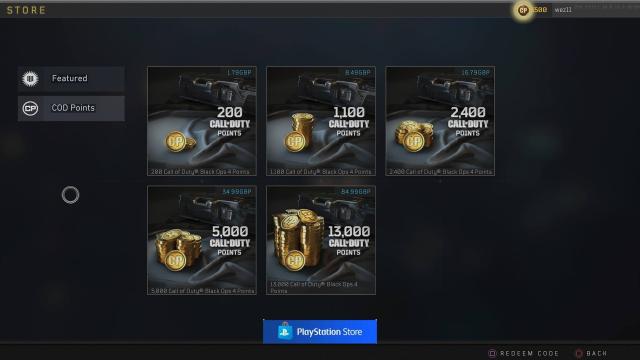
This practice has become one of the most ridiculous examples of monetization in video games in recent years. Developers and publishers have been trying to justify them by saying it's 'optional', but more often than not the option we end up having is to either pay up or struggle through an excessive and artificially created grind to make any meaningful progress. Basically, this means the companies want us to pay them so we don't actually have to play their games.
This has gotten to a point where EA is actually willing to break the law in Belgium in order to keep selling loot boxes in its games. Several developers were even urging players in Belgium to message their government that they wanted microtransactions in games, after the Belgian government classified them as gambling. because the one thing players should be doing is fighting for AAA publishers' rights to exploit them. At this point I'm beginning to associate microtransactions with the idea of having to either waste hours of my time grinding for levels or loot in order to progress in a game, or pay extra money to the publisher to skip all that, and that's not really something I like to associate with video games.
Finally, just to give microtransactions another extra level of awfulness on top of everything else, in the last two years in the UK child gambling has quadrupled, which nicely coincides with the rise of loot boxes and microtransactions in video games. In conclusion, to hell with microtransactions. Screw these shortsighted, predatory, regressive gambling mechanics in AAA games.

So, on that uplifting note, those were my winners and losers of 2018 in the world of video games. What about you? What companies/franchises/games/things were your biggest winners and losers this year? Who had the best 2018 in your opinion, and who made the biggest mess of things this year?
More Articles
The crossplay issue on PS4 was overblown. Separating players by platform has been an industry standard since the early 2000's. The vast majority of games these days still don't allow crossplay. Complaining that you can't play with XB1 users on your PS4 is like complaining that you can't play your XB1 disks on PS4.
I am surprise only one of the trinity of gaming blunderers (EA, Activision-Blizzard and Bethesda) has its own paragraph. Thesecond half of the year has been full of bad news and controversies from them.
Youch! Putting poor Bethesda in the same camp as those other two. Guess they deserved it with Fallout 76.
On the issue of developers working ridiculous hours: It is entirely possible to make a AAA game without overtime. It just entails spending more money. Developers don't want to do that though, so ultimately people are working overtime hours, not to get the game out on time, but to increase the company's bottom line. The cost of hiring extra staff in order to avoid overtime hours is a drop in the bucket compared to the money made when a game sells as well as RDR2.
How dare Nintendo charge me $1.66 a month to play games online!








